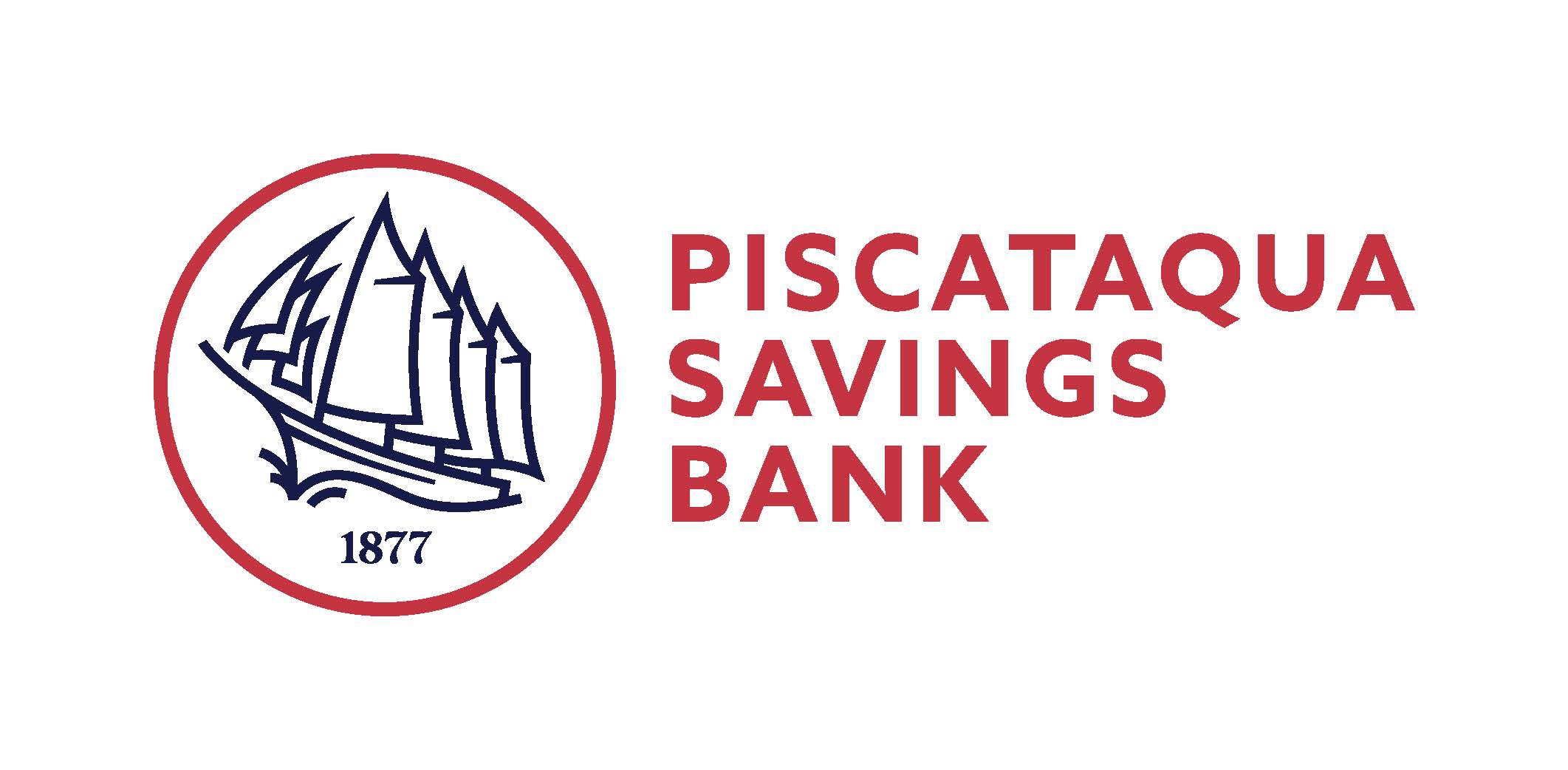Policy on Anti-Discrimination
and Anti-Harassment
Introduction
For purposes of this policy, “PSO members” refers to independent contractors, community players, full-time and part-time staff, and volunteers who work with the PSO.
It is the responsibility of all PSO members to ensure that their interactions with other members of the orchestra, guest musicians and audience members are safe, healthy and respectful, and that they model attitudes and behaviors that support the mission of the organization. All PSO members have a duty to maintain healthy relationships and appropriate personal boundaries. Each person should treat one another with respect and dignity.
Policy Statement
- The PSO will not tolerate harassment of any kind. A confirmed complaint of harassment will result in disciplinary action, up to and including termination.
- This policy applies to all members and to all bullying and harassing with a connection to work associated with the PSO, even where the conduct takes place outside of the PSO’s physical premises, such as in a performance venue not owned by the PSO, in a virtual workspace, in electronic or written communications, during PSO-related travel, or at social functions related to the PSO.
- This policy will be distributed to all current PSO members. The policy will also be distributed to new members upon joining the PSO.
- Individuals that report bullying or harassment in good faith are protected from retaliation by the PSO or any members of the PSO.
- The PSO will promptly investigate complaints of bullying, harassment, or retaliation. Such investigations will be fair and impartial. All PSO members are required to cooperate with investigations of workplace bullying, harassment, or retaliation.
- The PSO will endeavor to keep the reporting of personnel concerns confidential; however, complete confidentiality cannot be guaranteed where it would or may interfere with the PSO’s ability to fulfill its obligations under this policy, court order, or other obligations imposed by law.
Relevant Definitions
Bullying: Any verbal or physical conduct that seeks to harm, intimidate, or coerce another person. Bullying is not necessarily based on a person’s membership in a protected category like race, sex, age, or disability, among others.
Discrimination: Any form of unequal treatment that imposes extra burdens or involves denying benefits. It may be intentional or unintentional. It may involve direct actions that are discriminatory on their face, or it may involve rules, practices or procedures that appear neutral, but disadvantage certain groups of people. Discrimination may take obvious forms, or it may happen in very subtle ways.
Harassment: A course of comments or actions that are known, or ought reasonably to be known, to be unwelcome. It can involve words or actions that are known or should be known to be offensive, embarrassing, humiliating, demeaning or unwelcome, based on a ground of discrimination identified by this policy. Harassment can occur based on any of the grounds of discrimination.
If a person does not explicitly object to harassing behaviour, or appears to be going along with it, this does not mean that the behaviour is acceptable.
Sexual and gender-based harassment: Sexual harassment is a form of harassment that can include:
- Gender-related comments about a person’s physical characteristics or mannerisms
- Paternalism based on gender which a person feels undermines his or her self-respect or position of responsibility
- Unwelcome physical contact
- Suggestive or offensive remarks or innuendoes about members of a specific gender
- Propositions of physical intimacy
- Gender-related verbal abuse, threats or taunting
- Leering or inappropriate staring
- Bragging about sexual prowess or questions or discussions about sexual activities
- Offensive jokes or comments of a sexual nature
- Rough and vulgar humour or language related to gender
- Display of sexually offensive pictures, graffiti or other materials including through electronic means
- Demands for dates or sexual favours
Also note that harassment is prohibited both in the physical workplace and beyond. The workplace at Portsmouth Symphony Orchestra is understood broadly. It includes audition rooms, rehearsal studios, theaters, dressing rooms, bathrooms, break areas, post-performance events, galas, donor events, and the like. You may not engage in harassment when you are touring or otherwise traveling in connection with PSO business, attending a PSO sponsored event, or socializing with fellow members outside of the workplace.
You also may not engage in harassment via calls, texts, emails, blog posts, or other social media, even if you are away from the workplace, using your personal device, or acting during non-work hours.
Compliance
All PSO members are expected to uphold and abide by this policy by refraining from any form of harassment or discrimination, and by cooperating fully in any investigation of a harassment or discrimination complaint.
Complaints
To make a complaint:
- If you feel comfortable talking directly to the person engaging in the conduct that is unwelcome to you, that is often a useful first step. However, you are not required to do so.
- If you do not feel comfortable talking to that individual, we encourage you to talk to your section principal or the Musician Coordinator.
- If your section principal or the Musician Coordinator is the person engaging in the conduct, there is no obligation or expectation that you will report your complaint to that person.
- You can also report to any section principal, a board member, or a staffperson.
- If you complain about or report a violation of this policy, we will listen to you carefully, take you seriously, and undertake appropriate actions to respond to what you have told us.
We will do everything we can to protect you from any form of retaliation and we will apply severe corrective action against anyone who engages in retaliation.
To submit a complaint through outside channels:
Any member of the PSO who has experienced discrimination or harassment based on a protected characteristic may also file a charge with:
State of New Hampshire Commission for Human Rights https://www.humanrights.nh.gov/
Investigations
All complaints or information about harassment will be investigated, whether that information was reported in verbal or written form. The investigation will be kept confidential to the extent possible. All persons involved, including complainants, witnesses and alleged harassers, will be accorded a process to protect their rights to a fair and impartial investigation.
The PSO may review documents, interview personnel, or take whatever investigatory steps it deems necessary to determine whether harassment occurred. The PSO may engage a third party for the purposes of an investigation.
Even in the absence of a written or verbal complaint, the PSO may initiate an investigation if it has reason to believe that conduct may have violated this policy. Moreover, even where a complainant conveys a request to withdraw their initial complaint, the PSO may continue the investigation to ensure the workplace is free from discrimination, harassment, and retaliation.
Corrective Action
If an investigation reveals a violation of this policy, we will take corrective action that is proportionate to the prohibited behavior. Because this policy prohibits a wide range of conduct, not every substantiated violation of the policy will result in the same corrective action. We will inform the individuals who reported the conduct of the results of the investigation and the corrective action that has been taken unless the particular circumstances require confidentiality.
Corrective action may include:
- Education and training
- Verbal or written reprimand
- Suspension
- Termination of orchestra participation
All corrective action up to termination will be accompanied by an expectation for improvement. All PSO members are encouraged to engage in preventative training.
Training Resources
Respectful Arts Workplaces Harassment Training
https://respectfulartsworkplaces.ca/training-resources-on-harassment
Right To Be 5D’s of Bystander Intervention: https://righttobe.org/guides/bystander-intervention-training/






